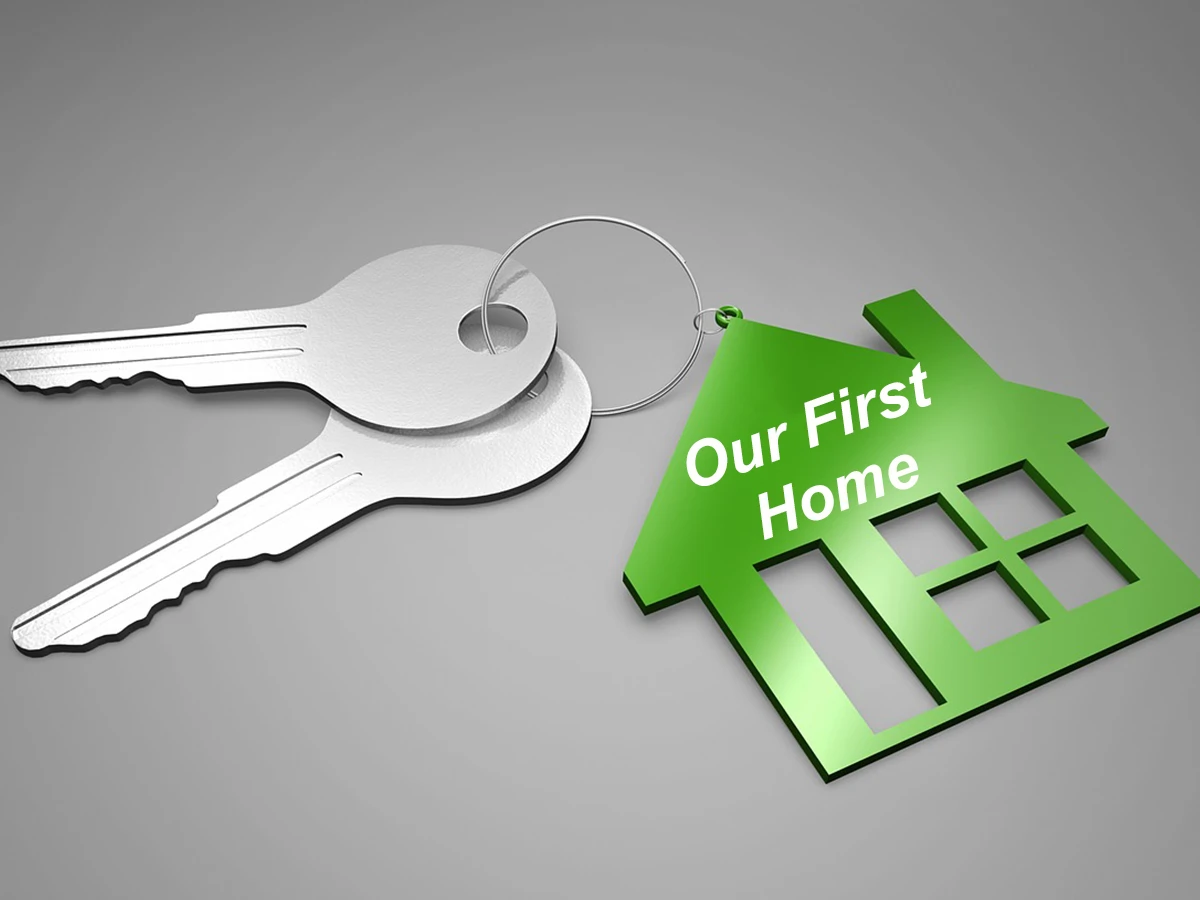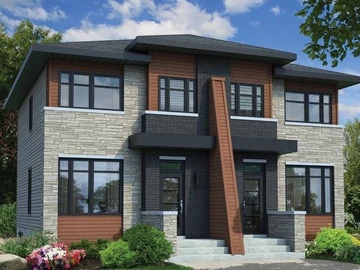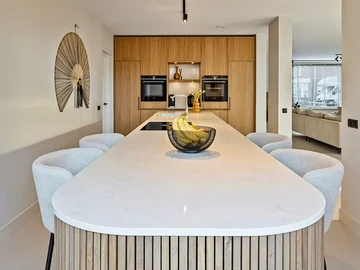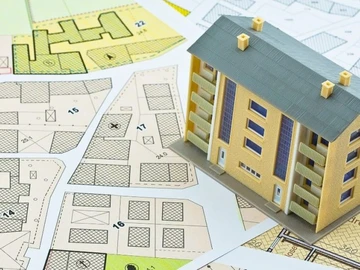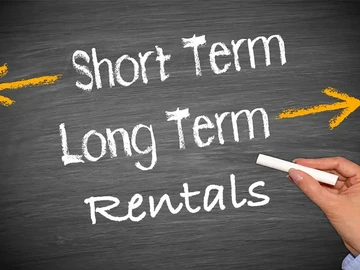Investing in your own home in Zimbabwe is one of the most significant and rewarding decisions you can make. It's not just about acquiring property; it's about securing your future and building a tangible asset that can appreciate over time. Instead of rent benefiting a landlord, your payments contribute directly to your own wealth. Property ownership in Zimbabwe offers a long-term investment that can be financed, eventually becoming a fully paid-for asset with enhanced value.
If a solo purchase isn't feasible, consider a joint ownership with a spouse, partner, or trusted family member. However, remember that property is a long-term asset, and selling quickly if the relationship sours can be challenging.
Here are five crucial, structured steps aspiring homeowners in Zimbabwe should take:
1. Secure a Stable Job and Consistent Income
- Employment History: Lenders in Zimbabwe typically require a track record of at least three months in a steady job.
Proof of Income:
- Salaried Individuals: Provide recent payslips.
- Self-Employed (Freelancers, Entrepreneurs): This may be more challenging but possible with:
-
-
- Verifiable proof of income.
- Consistent bank records showing regular payments.
- A detailed statement of income and expenses.
- Bank statements must clearly reflect your income.
-
2. Establish a Good Credit Record and Assess Affordability
Affordability Check: Your income after deductions and living expenses must demonstrate your capacity to comfortably meet home loan repayments.
Building Credit History:
- Utilise short-term credit facilities (e.g., store accounts, small personal loans).
- Ensure consistent and timely payments over several months to build a positive credit history.
3. Obtain Mortgage Loan Pre-Approval
- Pre-Qualification is Key: It is highly advisable to get an affordability check and home loan pre-qualification before you start property hunting.
- Online Calculators: Zimbabwean banks and mortgage originators often provide online tools for initial affordability assessments.
Benefit: Knowing your budget upfront allows you to:
- Target properties within your financial reach.
- Streamline your search process.
- Present a stronger offer to sellers, knowing your finance is largely secured.
Engage a Professional: Once pre-qualified, contact a reputable real estate agent, like Seeff Zimbabwe, to assist with property identification and the formal home finance application.
4. Prepare Funds for Deposit and Associated Costs
Beyond the Loan: While 100% home loans are sometimes available for first-time buyers, various upfront transaction costs are typically the buyer's responsibility.
Required Funds: These usually include:
- Deposit: A percentage of the purchase price, often required by banks (e.g., some banks require a minimum 25% deposit, while others may offer up to 90% loan-to-value).
- Transfer Duty: Payable to ZIMRA upon transfer of property ownership. This is often a sliding scale, e.g., 4% of the property value (standard rate).
- Conveyancing Fees (Transfer Costs): Legal fees paid to the conveyancer for handling the property transfer. These are tariff-based by the Law Society of Zimbabwe, often around 3% of the purchase price or value.
- Bond Registration Costs: Fees for registering the mortgage bond with the Deeds Office. These can be around 4% of the bond value.
- Valuation Fees: Charged by the bank for valuing the property (e.g., up to 1% of the loan approved, with a minimum fee).
- Facility/Establishment Fees: Charged by the bank for setting up the loan (e.g., 2% once-off or 3-6% of the loan amount).
- Application Fees: Some banks charge a non-refundable application fee.
Example (Illustrative - consult a professional for current rates): For a property valued at US$70,000, combined costs could range from US$5,000 to US$10,000 or more, depending on the deposit and specific fees, which must be available upfront.
5. Commit to a Long-Term Investment
Financial Commitment: Purchasing a home is a significant long-term financial undertaking, involving ongoing mortgage obligations and property taxes.
Maintenance: Property requires continuous maintenance to retain and grow its value. Factor in costs for:
- Regular upkeep.
- Potential repairs and renovations.
Equity Growth: It typically takes several years for substantial equity to build in a property, especially if a small deposit was paid.
Iliquid Asset: Property is not an easily or quickly sold asset. A long-term perspective and commitment are crucial for success in the Zimbabwean property market.
Zimbabwe Property Market Insights:
- Market Growth: The Zimbabwean residential real estate market is projected to be valued at approximately US$85.35 billion by 2025, driven by urbanisation and diaspora remittances.
- Appreciation: Prime locations, particularly in Harare, are seeing annual appreciation rates of 8-12% for luxury properties.
Demand Drivers:
- High demand for houses, especially in Northern Harare suburbs.
- Growing interest in land for investment and speculation.
- Increased demand for secure, gated communities.
Economic Factors:
- The use of the USD in real estate transactions provides a degree of stability.
- High-interest rates and stringent mortgage requirements can limit access to finance.
- Construction costs and currency fluctuations influence property prices.
Navigating the journey of homeownership in Zimbabwe requires strategic financial planning and a clear long-term vision. By diligently addressing these five steps, prospective buyers can secure a stable investment, contribute to their personal wealth, and establish a solid foundation in the vibrant Zimbabwean property landscape.
 Continue with Facebook
Continue with Facebook
 Continue with Email
Continue with Email

